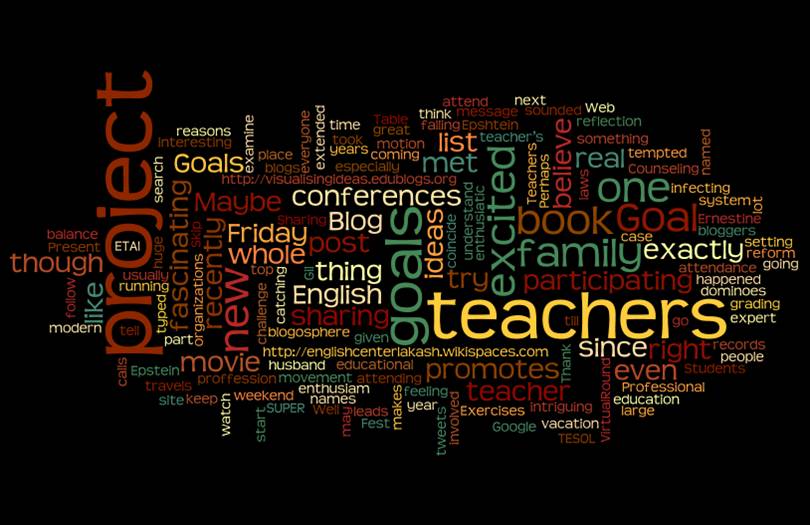I’m currently using Wikispaces as a class site. It’s main use is for homework: the students go to the homework page, download a worksheet that either “stands alone” or is based on a link to a picture or video clip they must watch.The they email me the homework (gmail).
A number of people have recently told me about Moodle. Some recommended it strongly, one said it is more work that its worth. I also discovered this post by Michelle Reckling on the pros and cons of Moodles. Unlike Michelle, my students do not use it anywhere else. Hers do and yet she reports they don’t like using it and that she is unable to get support from others.
The fact that you can see exactly which pupils have logged on when and done what sounds attractive. I currently keep track of the homework on an excel sheet that I have printed out so the kids can see it too. However,the fact that the moodle looks unattractive does not sounds appealing.
I AM afraid of the extra work using a MOODLE may cause. I’m learning all about using technology in the classroom all on my own and it is very time consuming as it is. I still can’t tell if the benefits will outweigh the effort.
The school computerized grading system has an option for sending emails to students through their files and even attaching a document. I don’t know if links stay “clickable” when sent this way. It would be more work for me to use that instead of the WIKI.The emails can be sent to multiple pupils but only those registered in the same group. I have 9 groups.
On the other hand, it’s not an outside system, students don’t have to get used to new things. Also the parents have access to it. That, on the condition, that the students haven’t lost their password. I have a few that say ‘I AM NOT going to spend 5 NIS ( a bit more than a dollar) to get a new password! But those students don’t do homework anyway. Using this school system may help encourage the students to monitor their school grade file.
The WIKI is totally open to anyone. I’m already using it. I know I haven’t yet learned all it can do. Maybe I should just stick with it? Or would my life actually be easier once I have a moodle running and can track the homework?
Open to suggestions here!






